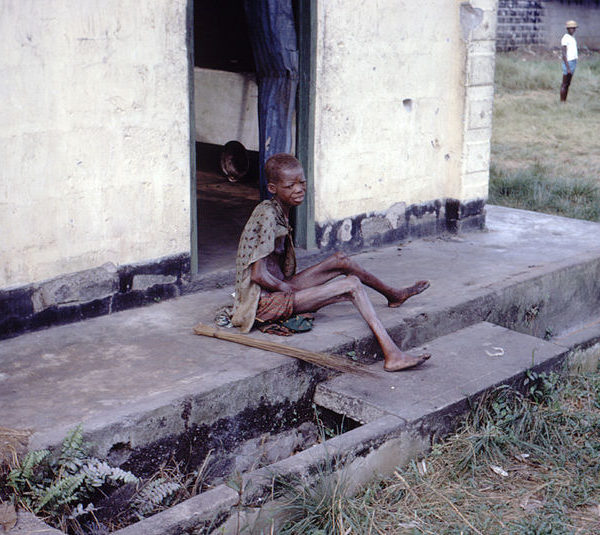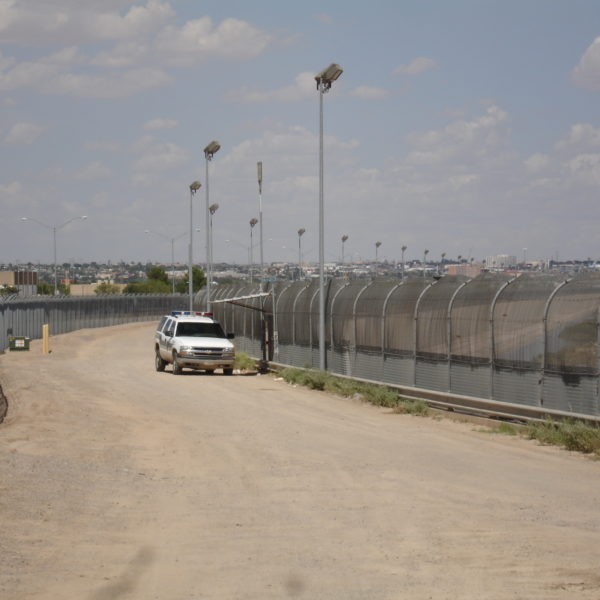
Perhaps part of the reason why disparities in food distribution continue to exist is that, when those of us who have food enough on our tables try to respond to disasters such as famine, without connection with the people who suffer them, both they and us are likely to come away empty. The ironic use of famine in Naomi’s story is able to suggest to us another way, an approach to famine that sees first the emptiness in relationships when kin from the ‘developing’ and ‘developed’ worlds find ourselves absent from one another.

What makes for a good neighborhood? This is a question that American society has been struggling with in different ways for some time now. On one level, a response to this question might have something to do with a residential street dotted with beautiful lawns, white picket fences surrounding lovely homes, low crime rates, good real estate values, and maybe children playing in safety. On another level, however, the neighborhood can be a metaphor for the larger society. The question of what makes for a good American society is a much more divisive issue. It has been the source of rancorous disagreement throughout the election season. On this, and any political issue, election rhetoric becomes a contest of stories, a battle between narratives. Each party works to craft a persuasive narrative that can account for the present situation and also lift up its own vision of America’s future. At the same time, the narrative must offer bleak warnings about the dangerous values and vision of the other party. In the midst of such rancor, it can be a challenge to find a gracious vision of what the good neighborhood looks like. This week’s Old Testament lection from the second half of Ruth, however, can help us go a long way toward finding that gracious narrative. As last week’s post by Timothy Simpson pointed out, there is a lot more to the story of Ruth than usually meets the eye. It may not be typical to think of this story as embodying a vision for the good neighborhood, but the book is making some bold claims about precisely that…

This makes the book of Ruth a deeply political subject, which is very different from much of the popular appropriation of the book, which emphasizes the relationships first between Ruth and Naomi, and then Ruth and Boaz. These are important pastorally, but there is still much left to learn from the book that goes beyond these narrow concerns…
